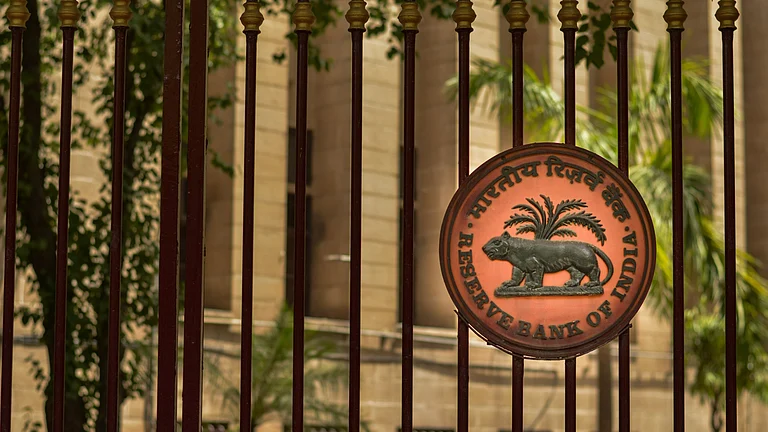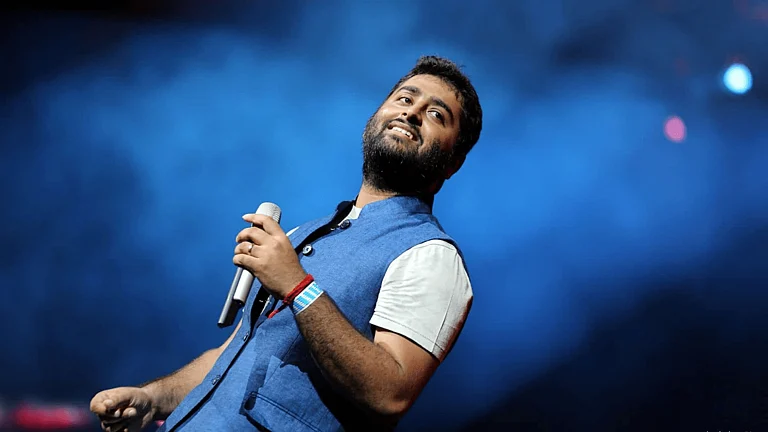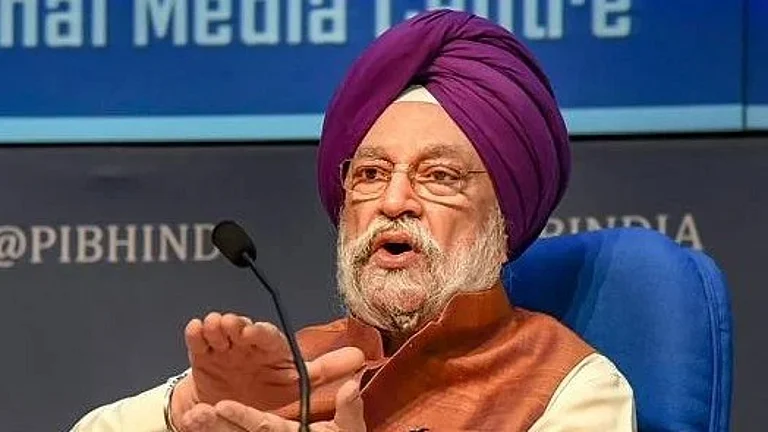Indian Paralympians outshined their Olympics colleagues this year winning 29 medals, the largest medals haul by an Indian contingent in either the Olympics or the Paralympics in history. This was the year India sent the highest number of para-athletes to the contest—84.
At the Paris Paralympics held between August 28 and September 8, India won seven gold medals, nine silver medals and 13 bronze. The 2024 medal haul took India past the 50-medal mark in Paralympics.
A Golden Year
Twenty-three-year-old Avani Lekhara made history winning two gold medals, the first for an Indian woman at the Paralympics. Lekhara had been left paralysed from the waist down following a car accident when she was 11 years old. She first tried her hand at archery and then moved on to shooting. Lekhara had won two medals at the Tokyo Paralympics too—one gold for 10m air rifle standing, and one bronze for 50m rifle 3 positions.
India won two medals in the men’s club throw F51 event. Thirty-five-year-old Dharambir Soorma won gold while 30-year-old Pranav Soorma won silver, recording India’s first one-two in para-athletics. Sumit Antil won gold in javelin throw, Praveen Kumar in high jump T64, Nitesh Kumar in badminton men’s singles and Harvinder Singh in archery.
Speaking to Outlook Business, India’s first-ever Paralympic archery champion Harvinder Singh says, “Life for me has changed after sporting success.” A dengue infection and the consequent treatment when he was less than two years old had left both his legs impaired. He now says, “The greatest happiness I have is that of having proved myself. A person with a handicap is often looked at by society with pity. But when you prove yourself, prove your mettle and make a mark, then society starts looking at you as successful. Then you become a role model.”
Singh says that while India’s success at the Paralympics is being celebrated, the celebration is not of the same scale as the success. “Society needs to become more inclusive. Yes, people are gradually becoming more open-minded when they come to know of the success and struggle of Paralympians, but a lot remains to be done.”
The archer worries that India’s success at the Paralympics is making many feel that Paralympians have it easier than Olympians. “If you look at our performance, in many cases, you will see that the difference between our achievements and that of Olympians is minor. Para-sports today is not far from regular sports,” he says.
Shinier Than Gold
Aside from the gold medals, the nine silvers and 13 bronzes showed India’s comprehensive success at the Paralympics. India currently ranks 29th among nations who competed at the Paris Paralympics. The other major achievements include that of Mariyappan Thangavelu. The 29-year-old won bronze in high jump T42 class, his third consecutive medal at a Paralympics. Thangavelu won gold in Rio 2016 and silver in Tokyo 2020.
Preethi Pal’s bronze in the women’s 100m T35 race was India’s first-ever medal in a track event at the Paralympics. Deepthi Jeevanji became the first intellectually impaired Indian athlete to win a Paralympic medal with a bronze in the women’s 400m T20 class. Sheetal Devi, 17 years old, became India’s youngest Paralympic medallist winning bronze in a mixed team event alongside Rakesh Kumar.
Mona Agarwal, 37, who won silver at women’s 10m rifle standing says she underwent extremely rigorous training. “I had a very tough training schedule. I would meditate for three hours a day, go to the gym and then spend four to five hours at practice.” Agarwal suffers from polio which has affected both her legs.
She says that when she had to devote time to practise there were objections from the family on her husband’s side. “They wanted me to give my time to the family as a daughter-in-law, wife and mother. They wanted me to fulfil my responsibilities at home. But I had only two years to make it to the Paralympics. So, I decided to be strict and slightly distanced myself from the family to focus on sports.”
Paralympics in many ways redefines how society perceives ability and achievement. People battling several sorts of disabilities partake in the most difficult sports of the world. Success here represents years of overcoming societal barriers and prejudices. When a paralympian wins in sport, they win in life. In their victories and their celebrations, human civilisation evolves in real-time.












